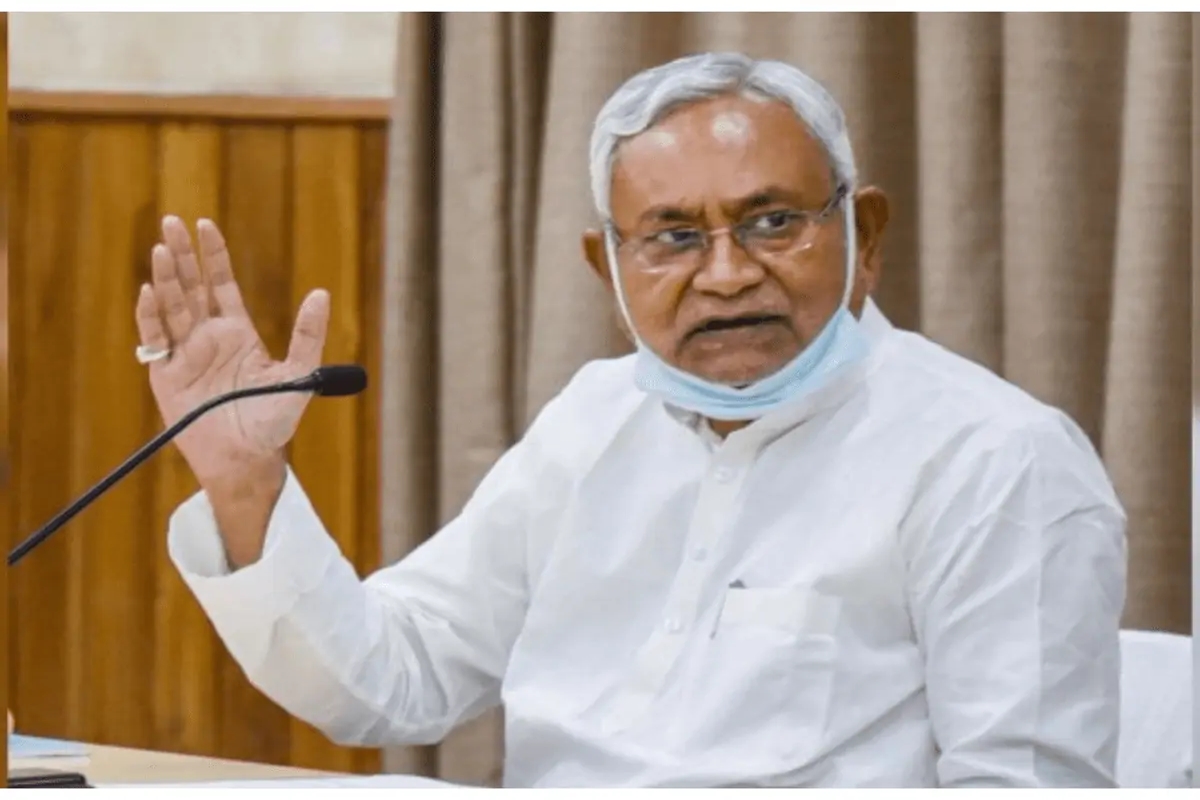Challenge in Bihar
In the tumultuous arena of Bihar politics, where alliances shift like sand dunes in the wind, this election seems poised to redefine the political landscape.
In a pivotal cabinet session chaired by Chief Minister Nitish Kumar, the decision to enact this reservation policy took shape.

Bihar CM Nitish Kumar
The Bihar government has taken a significant step towards social inclusivity by announcing a 10% reservation for the Economically Weaker Sections (EWS) in both the judicial services and state-run law colleges and universities. This announcement closely follows the release of the initial data from Bihar’s comprehensive caste survey, unveiled on Monday.
During a cabinet meeting presided over by Chief Minister Nitish Kumar, the decision to implement this reservation was made. The cabinet has sanctioned amendments to the guidelines of the State Judicial Services, 1951, permitting a 10% quota for the EWS category in both judicial services and state-affiliated law institutions in Bihar.
The released data from the caste survey revealed that Extremely Backward Communities (EBCs) constitute 36.01% of the state’s population, while Backward Classes account for an additional 27.12%. These findings underline the need for inclusive policies to uplift underprivileged sections of society.
Advertisement
Furthermore, the state cabinet has greenlit the construction of 100 veterinary hospitals across various districts of Bihar, complete with training centers, amounting to an expenditure of Rs 225 crore across 17 districts. This move aims to enhance healthcare facilities for animals and bolstering the veterinary sector.
Additionally, the cabinet approved the creation of 30 new clerk positions to manage affairs related to the Consumers Affairs Department, streamlining administrative processes.
Bihar, India’s most populous state, is making strides in addressing social disparities. The Bihar Caste Census Population report highlights that 27.1% of the population belongs to underprivileged classes, while 36% are part of the very underprivileged Extremely Backward Classes (EBC). Scheduled Castes account for 19.7%, and Scheduled Tribes comprise 1.7% of Bihar’s population.
A study presented by Development Commissioner Vivek Singh further illustrates the diversity of caste groups in the state, with higher castes constituting 15.5% of the population. The Yadav community, known as the Bihar Jati Adharit Ganana, is the largest sub-group, comprising 14.27% of all Other Backward Classes (OBC) categories.
In summary, Bihar’s decision to introduce EWS reservations reflects a commitment to fostering a more inclusive society and addressing historical disparities in access to opportunities.
Advertisement